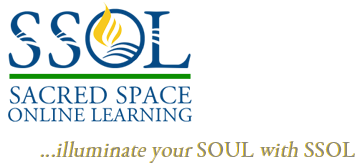Augustine started writing The City of God in 411 A.D. as a defense of Christianity after the sack of Rome—indeed, as a critique of the depravity of Rome itself. Yet by the time he completed the book more than 15 years later, he’d taken the offense, arguing in favor of a radical new relationship between humanity and the world. Modern readers, warily eyeing the book’s imposing scale, may wonder: What made this book so influential over the years? What mysteries lie between its pages? What relevance does the 1,600-year-old text have for our world today? How should contemporary readers approach this monumental text?
Take the plunge with this profound survey of one of the world’s truly great books. Books That Matter: The City of God ushers you on a historical and theological journey through the final years of the ancient world. Taught by Professor Charles Mathewes of the University of Virginia, these 24 in-depth lectures guide you chapter by chapter through Augustine’s masterpiece, introducing you not only to the book’s key arguments but also to the historical context necessary to comprehend The City of God‘s true power.
Whether you come to this text as a Christian, a philosopher, a historian, a literature lover, or someone who simply wants fresh insight into our world today, Augustine will revolutionize the way you think about politics, religion, history, and our relationship to the divine. Books That Matter: The City of God is a magnificent introduction to one of the world’s truly great books.
Take this online course from Great Courses.




